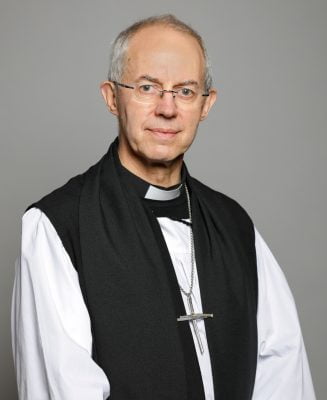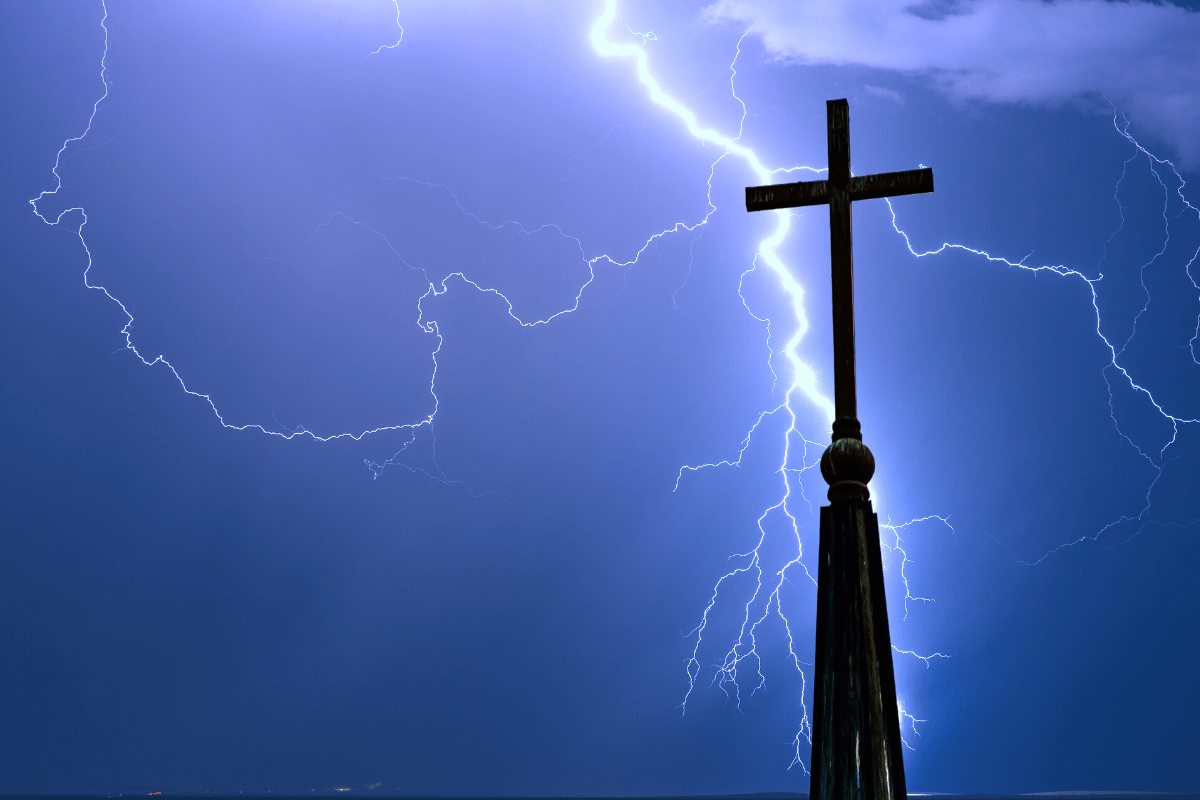According to the 2021 official census, for the first time in history, fewer than half of the population of England and Wales now describe themselves as Christian. This reflects a continuing trend in the decline of support for the Anglican church – a key pillar of the British establishment.
The latest census has revealed a fall of 17 percentage points since 2011 in people identifying as Christian, down to 46%. Alongside this, there has been a sharp increase of people who describe themselves as having ‘no religion’. From 14% two decades ago, ‘no religion’ now accounts for 37% of the population, or 22 million people.
Christianity in the UK has been in decline for some time. In reality, the census data on people’s religious identity merely lags behind a longer-term process in terms of the diminished role and influence of the Church within British society. Regular attendance at church has been falling in Britain since at least the mid-19th century, for example.
It should come as no surprise that this waning power and sway of the Church is accelerating now, when British capitalism – and the establishment that defends it – is in such a deep, degenerative crisis.
Religious establishment

Christianity holds a particularly privileged position in Britain, where it is wholly integrated with the state. The monarch is also the head of the Church of England, for example. And 26 bishops sit in the House of Lords, having a say over legislation.
Generations ago, institutions such as the Church, the monarchy, and the state were viewed upon with reverence and awe by many. They were considered sacrosanct and beyond reproach. But this facade of respectability and integrity has been thoroughly tarnished by a relentless string of scandals in recent decades.
From Prince Andrew’s royal hush money, to the Church of England covering up hundreds of cases of child sex abuse: a torrent of sleaze and corruption from these paragons of virtue has taken its toll.
Added to this is the Church’s association with misogyny and homophobia. No wonder it is increasingly seen as out of touch by millions of ordinary people.
In 2018, the British Social Attitudes Survey (which includes Scotland) found that 56% had either “very little” or “no confidence at all” in the Church – almost on a par with the low level of trust in politicians or the police.
For increasing numbers of workers and youth, it is evident that, whether it be Anglican ministers, MPs, or monarchs, they are all part of the same rotten system.
Upholding the status quo
Recent revelations surrounding the Church are a factor in its decline. But equally important is the crisis of capitalism worldwide, which has driven down living standards for millions.
Some people are drawn to religion in such turbulent times, hoping to find an escape from the misery and suffering of this world. This is why Marx famously described religion as the “sigh of the oppressed creature; the heart of a heartless world; the soul of soulless conditions; the opium of the people”.
Far more significant, however, is that millions of people today are repelled by mainstream religion and its institutions, which are seen as upholding the status quo, and which only offer empty promises about salvation in the afterlife.
In Ireland, for example, the Catholic Church has suffered two major defeats in referendums in recent years – on same-sex marriage and abortion rights. Even the historic weight and influence of the Church could not compete with the mass campaigns, led by the youth, that were in favour of these reforms.
Revolutionary implications

The ruling class has always attempted to use religion – and all forms of idealism and mysticism – to divert the exploited and oppressed away from the path of struggle.
The hypocrisy and cynicism of the religious establishment is all the more clear, however, in light of the sharpening class war.
On the one hand, the stench of sleaze and scandal is increasingly undermining the authority of the Church. On the other hand, the deepening crisis of capitalism is forcing more and more workers and youth to fight for a material solution to their problems, rather than placing their hopes in God and Heaven.
The declining role of religion within society therefore has revolutionary implications, signalling a radicalisation of consciousness and the erosion of yet another important pillar of the establishment.
What these recent census figures represent, in this respect, is not just the death agony of religion, but the death agony of capitalism.
Paradise on Earth
Marxists of course support the full freedom for anyone to practise the religion of their choosing. At the same time, we recognise that religion offers no real solution to the pain and poverty that millions experience in their daily lives.
In contrast to religious mysticism, Marxism is a materialist philosophy; a revolutionary outlook which explains that the only way out of this nightmare is through the overthrow of the entire capitalist system, on the basis of collective action by the working class.
While Christianity is in decline in Britain, class struggle is on the rise. More and more people are turning to the revolutionary road. This shows the way forward for humanity: not pondering about life after death, but fighting to transform this world and create a paradise on Earth.






